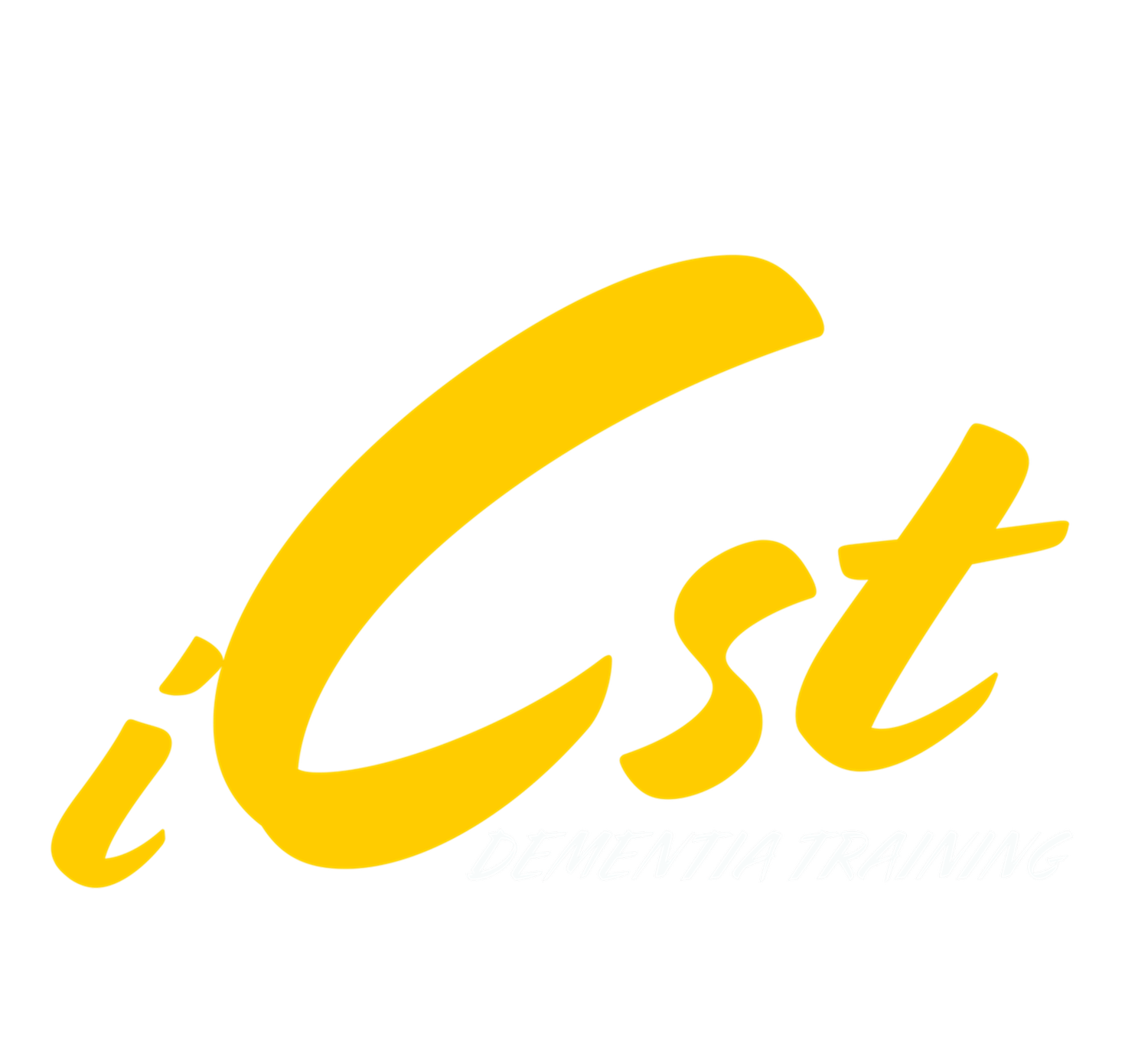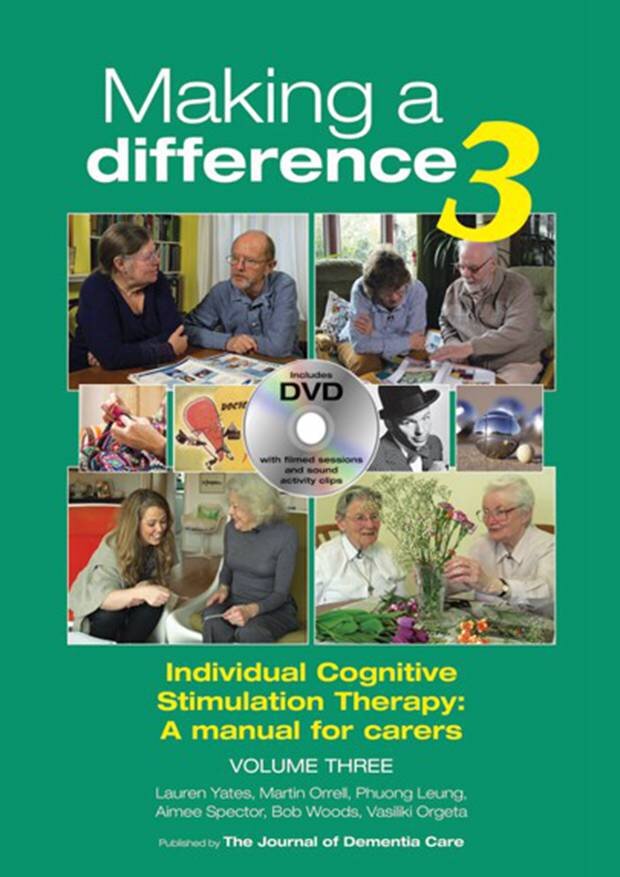WHAT DID THE RESEARCHERS DO
AND FIND?
356 pairs of people with dementia and carers were recruited to a multi-centre randomised controlled trial (RCT).
The research team produced the iCST programme (including a manual, activity workbook, and materials such as maps and dominoes) in collaboration with people with dementia, carers, health care professionals, and experts.
Research findings
The quantitative results
People with dementia receiving iCST reported better relationship quality with their family carer. It was measured by Quality Caregiver/Patient Relationship for person with dementia. Carers delivering iCST had better quality of life at 26 weeks. Carers who completed more sessions had fewer depressive symptoms (6).
However, people with dementia receiving iCST did not benefit cognition or QOL It might be associated with a low adherence to the intervention during the trial (6).
iCST session
The qualitative findings
The overall experience of participating in iCST was described as having opportunities to engage in enjoyable mentally stimulating activities, motivation to stay active and bringing people with dementia and their carers ‘together’. It also provided opportunities to communicate.
Family carers mentioned that finding time to do the sessions and their relatives being reluctant to engage in the activities could hinder their participation in the intervention.


